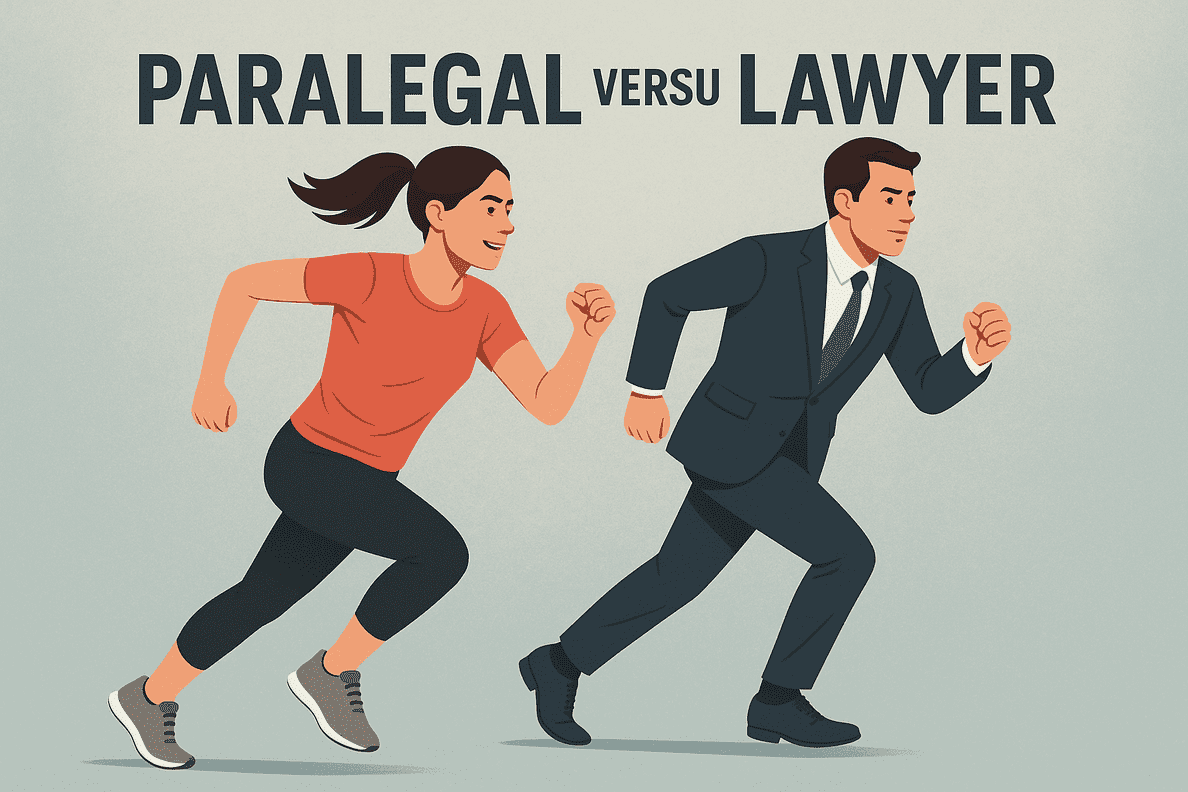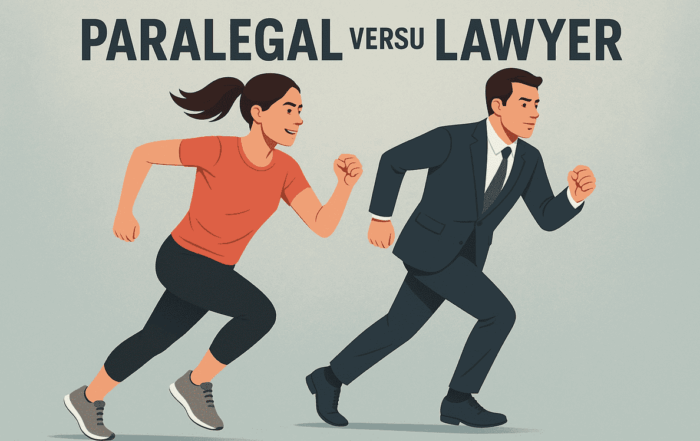
The Eviction Wake-Up Call
Evictions are like root canals: nobody wants one, but sometimes they’re the only way to get things back in order.
In my case, I had a tenant who stopped paying rent. I did what every landlord does—I gave them a little time, a couple of friendly reminders, and even offered payment plans. But when it became clear they weren’t going to pay or move out, I had no choice but to start the legal eviction process.
That’s when I realized: eviction law is a beast. Especially in Florida. Especially if your property is owned by an LLC.
Step 1: The 3-Day Notice
This is your first real move. You hand-deliver (or post) a notice on the tenant’s door that says:
“You have 3 days to pay rent or move out.”
This isn’t just a threatening note—it’s a legally required document, and it must be worded correctly and delivered properly.
Here’s what I learned:
-
You can’t count weekends or holidays. While the article said you can’t deliver a notice on a Sunday, that’s not true. You can deliver it on the weekend, but weekends and holidays don’t count as one of the three days. So, if you serve it on a Sunday, the countdown starts on Monday. If you wait until Monday to serve it, the countdown starts on Tuesday.
-
If you accept partial payments after serving the notice, it resets the 3-day countdown. This is important—if the tenant makes even a small payment after you’ve served the 3-day notice, you can’t move forward with the eviction until that payment has been processed.
-
Paralegals can draft and serve this for around $50–$75.
Lesson: Pay a professional for this step. Don’t DIY it unless you’ve done it before.
Step 2: File the Eviction
If the tenant doesn’t move or pay, now it’s time to file the actual eviction with the county court. This is where things get real—and also where it gets tricky if your property is owned by an LLC.
Here’s the Florida catch: If your property is owned by an LLC, you are legally required to have an attorney represent your company in court. Even if you’re the only owner. Even if you’re the property manager. Even if you want to speak for yourself.
So here’s where I had to make a decision:
Option 1: Pay an attorney $500–$1,200 to handle the whole thing.
Option 2: Use a paralegal to do all the filing and paperwork, then hire an attorney only when needed.
I went with Option 2. Here’s why.
Paralegals: Your Secret Weapon (When Used Smartly)
Paralegals aren’t just “assistants.” Many of them are super experienced in evictions, especially in specific counties like Hillsborough, Pinellas, Polk, or Miami-Dade. They know the clerks. They know the judges. They know the process better than some attorneys.
They can:
-
Draft the complaint
-
File the eviction for you
-
Serve court documents
-
Track court dates and responses
-
Help you avoid common mistakes
Cost? Usually $150–$350 for the whole filing process. That’s a steal compared to attorney rates.
So I had my paralegal do everything up to the point where a court hearing might happen. Then I had an attorney on standby to step in only if the tenant fought back.
When the Lawyer Becomes Necessary
Let’s say the tenant files a response. They claim:
-
You didn’t maintain the property
-
The rent amount is wrong
-
They never got the 3-day notice
Now it’s a contested eviction, and if your LLC is on title, you legally can’t argue your case without a lawyer.
This is where having a good eviction attorney already lined up makes life easier. You don’t want to scramble last minute. Mine charged a flat $600 to step in and represent me for the final court hearing.
How Long Does It Take?
Uncontested Eviction: 3-day notice + 1 week to file + 1–2 weeks for default judgment = 3–4 weeks total
Contested Eviction: Add another 2–4 weeks depending on court availability
The Cost Breakdown (Real Numbers From My Case)
Here’s what I paid:
-
3-day notice delivery: $65
-
Paralegal filing: $275
-
Court filing fee: $185
-
Process server: $45
-
Attorney for hearing: $600
Total: $1,170
Could I have done it for less? Maybe. Could I have done it faster? Not unless the tenant left on day 3.
Avoidable Mistakes I Almost Made
I almost served the 3-day notice on a Sunday. That would’ve voided it.
I almost filed the wrong lease copy (tenant had signed a renewal—oops).
I almost represented the LLC in court myself, which could have gotten the case tossed.
Lesson: Evictions aren’t hard, but they are technical. One small mistake and you’re starting from scratch.
Insights From the Field: What Our Paralegals and PMs Are Seeing
From our paralegal team—based on years of doing this—here’s what we were told:
It’s only required to have an attorney within an LLC if the eviction is contested. And even then, only if the judge insists. It’s a gray area in the law. Technically, yes—you’re supposed to have legal representation if the LLC is going to court. But in practice? About 80% of the evictions we’ve handled for LLCs have gone through fine, even if they ended up at a hearing. So yes, some judges will require it. Most of the time, though, they don’t.
That’s why having a knowledgeable property manager and experienced paralegal on your team is golden. They know when to push forward, when to pause, and when to bring in the legal firepower.
Also, one of the best strategies we’ve used to avoid drawn-out evictions altogether? Cash for keys. The idea was actually brought up by Valentina—one of our senior property managers—and it works more often than you’d think. Instead of dragging tenants through the court system, you offer them a small amount of cash to hand over the keys and walk away peacefully. In some cases, we’ve spent $500–$1,000 upfront and avoided $2,000+ in legal fees, lost rent, and damages. It’s not always the right move—but when you’re dealing with a professional tenant or someone with kids and a dog that you don’t want escorted out by a sheriff—it can be a smart, compassionate, and strategic decision.
Final Thoughts: Use the Hybrid Strategy
If you’re dealing with a Florida eviction, here’s my playbook:
-
Start with a good paralegal: Let them serve the notice, draft the paperwork, and file with the court.
-
Keep a lawyer on standby: Only pay when it’s truly needed (usually if it’s contested).
-
Stay organized: Keep your lease, notice, proof of service, and payment records in a single PDF. Courts love neat landlords.
-
Be patient: Most tenants don’t want to go to court. If they respond, it’s usually to buy time. That’s okay—as long as you’re following the timeline, you’ll win.
Why This Matters (Beyond the One Eviction)
After doing over 3,500 real estate deals, I’ve seen it all. But this personal eviction reminded me: even veterans need refreshers. And if you’re new to this game, I hope this breakdown helps you avoid delays, save money, and handle things like a pro.
Keep it consistent, stay patient, stay true—if I did it, so can you. This is Jorge Vazquez, CEO of Graystone Investment Group and all our amazing companies, and Coach at Property Profit Academy. Thanks for tuning in—until the next article, take care and keep building!
If you’d like to connect directly with me, feel free to book a time here: https://graystoneig.com/ceo
Pick your expert. Book your free 15-minute consult now. We are here to help!
Our Top Articles
Got a Call from the Tampa Bay Times Today… Let Me Tell You What Happened
Jorge Vazquez2025-07-16T02:37:03+00:00July 15th, 2025|Comments Off on Got a Call from the Tampa Bay Times Today… Let Me Tell You What Happened
Today was just a regular workday. I had some calls lined up, was checking in with [...]
Paralegal or Attorney? How I Handled My Florida Eviction as an LLC Owner
Jorge Vazquez2025-07-16T01:43:47+00:00July 15th, 2025|Comments Off on Paralegal or Attorney? How I Handled My Florida Eviction as an LLC Owner
The Eviction Wake-Up Call Evictions are like root canals: nobody wants one, but sometimes they’re the only way [...]
How Does a Property Flipper Make a Profit in 2025?
Jorge Vazquez2025-07-11T20:16:48+00:00July 11th, 2025|Comments Off on How Does a Property Flipper Make a Profit in 2025?
How Does a Property Flipper Make a Profit in 2025? By Jorge Vazquez, CEO of Graystone Investment Group It's [...]
Property Profit Academy:
✔ Learn to buy properties with little to no money down.
✔ Build a $10M portfolio step by step.
✔ Master strategies like BRRRR and house hacking.








